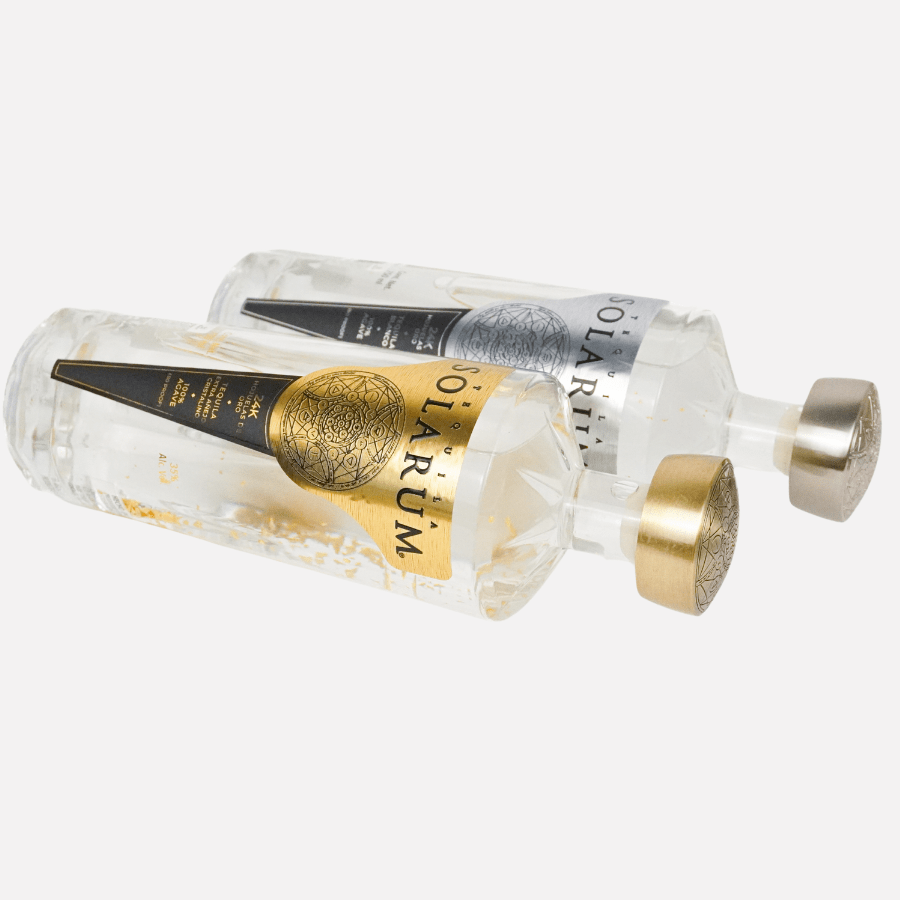Is Tequila Good for Health? Myths vs. Facts Uncovered
Tequila — the iconic Mexican spirit known for fueling parties and margaritas — has often been the subject of much debate. Some call it a potential health elixir, while others associate it with hangovers and unhealthy drinking habits. But what’s the truth? Is tequila actually good for your health, or is that just wishful thinking?
In this article, we’ll separate fact from fiction and explore what science and nutrition say about tequila. From its natural origins to its potential health benefits (and risks), here’s what you need to know before you pour your next shot.
What Is Tequila Made From?
To understand its impact on health, it helps to know how tequila is made.
Tequila is a distilled alcoholic beverage made from the blue Weber agave plant, native to specific regions of Mexico. For tequila to be considered authentic, it must:
-
Be made in designated Mexican regions (primarily Jalisco)
-
Contain at least 51% blue agave sugars (though premium brands use 100%)
Tequila made from 100% blue agave is considered purer and is usually lower in additives, making it a better choice for those concerned about health.
Potential Health Benefits of Tequila
While excessive alcohol consumption is harmful, moderate intake of pure tequila — especially 100% agave — may offer some surprising health benefits, as backed by emerging research and traditional usage.
1. Low in Calories and Sugar
Compared to many other alcoholic beverages, tequila is relatively low in calories. A standard 1.5 oz (44 ml) shot of tequila contains:
-
About 96–105 calories
-
Zero carbs and zero fat
It also doesn’t contain added sugars (if it's 100% agave), making it a better choice than sweetened cocktails, beer, or liqueurs.
2. May Aid Digestion
In Mexican tradition, a small amount of tequila is sometimes consumed after meals to aid digestion. Anecdotally, the agave plant contains inulin, a type of fiber that helps grow beneficial gut bacteria. Though the distillation process removes most of it, trace elements might contribute to digestive benefits in small amounts.
3. Could Help Regulate Blood Sugar (in theory)
Agave contains agavins, a natural sugar-like compound that isn’t digested by the body. Some studies in mice suggest agavins might help lower blood sugar and support weight loss. However, these studies are based on agave, not tequila.
Keep in mind: Distilled tequila contains no agavins, so this benefit doesn’t apply directly. But it’s part of the broader conversation around agave-based products.
4. Gluten-Free by Nature
Tequila is a great option for those with celiac disease or gluten intolerance, as it's naturally gluten-free — unlike beer or spirits made from wheat or barley.
What Are the Risks of Drinking Tequila?
While moderate consumption of tequila may have benefits, overconsumption carries serious health risks. Here are the downsides to keep in mind:
1. Alcohol Dependency and Addiction
Like any spirit, tequila contains ethanol, a central nervous system depressant. Regular or excessive drinking can lead to addiction, liver damage, and mental health disorders.
2. Hangovers and Dehydration
Tequila, especially low-quality or mixto tequila (less than 100% agave), can cause severe hangovers due to added sugars and congeners — chemical byproducts of fermentation that contribute to headache and nausea.
3. Liver and Heart Health Risks
Heavy drinking is associated with a higher risk of:
-
Fatty liver disease
-
High blood pressure
-
Heart disease
-
Certain cancers
Even small amounts of alcohol can negatively impact the liver when consumed daily or in large quantities.
4. Impaired Judgment and Accidents
Even one or two drinks can impair coordination, judgment, and reaction time. This increases the risk of accidents, injuries, and poor decision-making.
How to Drink Tequila the Healthy Way
If you choose to drink tequila, here’s how to do it more mindfully and responsibly:
✅ Choose 100% Agave Tequila
Avoid “mixto” or cheap brands that include additives and sugars.
✅ Watch Your Portion Size
Stick to 1–1.5 oz (a standard shot) if drinking straight or in cocktails.
✅ Avoid Sugary Mixers
Skip sugar-laden margarita mixes. Instead, use fresh lime juice, sparkling water, or natural sweeteners.
✅ Hydrate Well
Drink plenty of water alongside tequila to prevent dehydration and reduce hangover risk.
✅ Limit Frequency
Even if tequila is cleaner than other alcohols, daily consumption is not advised. Limit intake to 1 drink per day for women and 2 for men, according to most health guidelines.
Final Verdict: Is Tequila Good for Health?.
Pure tequila, especially when consumed occasionally and responsibly, may be better than other alcoholic options due to its low calorie count, clean ingredients, and gluten-free nature. However, any benefits are marginal compared to the risks of regular or excessive alcohol consumption.
If you're looking to improve your health, tequila shouldn't be your go-to solution — but if you're going to enjoy a drink, choosing high-quality tequila in moderation is one of the smarter options.
Summary: Key Takeaways
-
Yes, tequila is lower in calories and carbs compared to many alcoholic drinks.
-
Yes, it’s gluten-free and generally purer if made from 100% agave.
-
No, it’s not a health supplement or weight-loss aid.
-
No, it doesn’t offer the benefits of agavins found in raw agave.
Moderation is key — enjoy responsibly!


